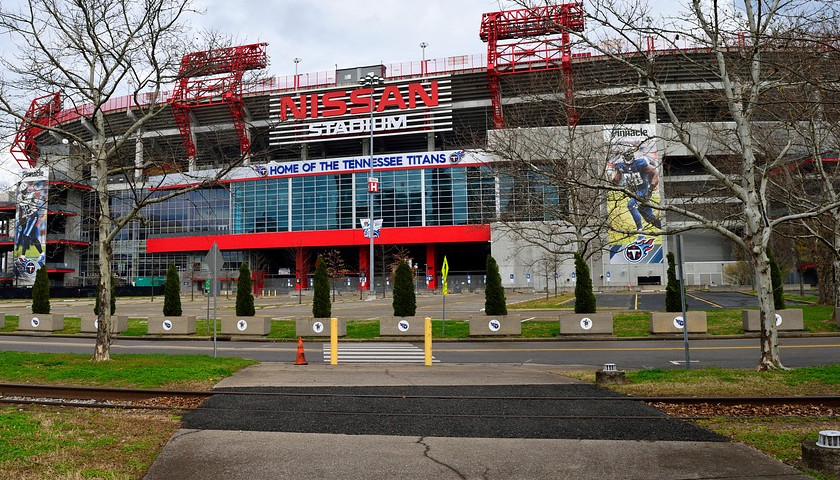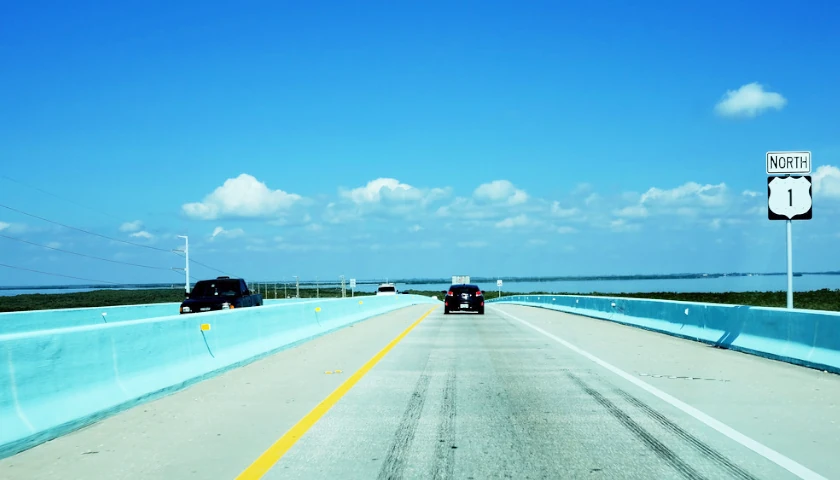by Jon Styf
While project promoters in cities such as Nashville, Tennessee, and Tempe, Arizona, continue to push the narrative that professional sports stadiums with surrounding developments are economic stimulators, a new report shows professional sports stadiums and the surrounding developments do not bring the promised returns.
The academic paper, from the College of Holy Cross’ Robert Baumann and Kennesaw State University Economist J.C. Bradbury, looked at the promised returns of both The Battery outside the Atlanta Braves’ Truist Park and Polar Park in Worcester, Massachusetts.
They found, like with stadiums, most of the spending in districts outside a stadium is diverted spending and not new spending in an area.
Instead of gaining money for the municipality, the research shows the Worcester stadium will result in a loss of $40 million to $60 million for the municipality while Truist Park’s losses will be between $100 million and $200 million.
“The opportunity cost of most sports consumption – particularly regular season team games hosted by sports venues – is other local spending, which results from the diversion of consumption from other local entertainment options,” the paper states. “It is well understood by economists that spending on tickets, concessions, merchandise, and other items directly at a stadium largely ‘crowd out’ spending that would otherwise go to other local businesses, and there is no theoretical expectation that expanding business activity to include the district outside the stadium would change this accounting.”
Despite this, those promoting stadium projects continue to push the benefits and economic impact of the developments. The report said researchers have found promoting stadiums as economic development projects is persuasive.
Metro Nashville Council Member Courtney Johnston, for instance, told constituents a deal to give the Tennessee Titans the most public funding ever for a National Football League stadium would be a boon for taxpayers. The Titans are scheduled to receive $1.26 billion in public funds toward a new $2.1 billion stadium and a tax capture is projected to collect $3.1 billion over the 30-year lease that will also pay for future capital and maintenance at the stadium along with infrastructure in the district outside the stadium.
“Releasing the areas of the campus surrounding the new stadium from encumbrances creates enormous economic benefit from the future development rights – including rental payments, property taxes, local option sales taxes and other revenues,” Johnston repeated twice in a newsletter to constituents.
In order to make those claims, teams and municipalities commission studies from marketing groups that are non-academic consultants that use proprietary models to estimate large benefits from a stadium and complex.
The report states the “most egregious error of commissioned studies is counting all economic activity associated with stadiums, teams and events as new spending.”
In Tempe, the city and team have paid for reports from Arizona State’s Seidman Research Institute, the New York Yankees’-and Dallas Cowboys’-owned Convention, Sports & Leisure and Hunden Strategic Partners and claim large benefits for a new Arizona Coyotes arena and entertainment complex.
“Commissioned impact studies of sports venues, teams, and events have been found routinely to violate acceptable practices for conducting economic impact analyses, with methodologies that substantially inflate economic impacts,” Baumann and Bradbury’s paper states. “These consulting reports have been described as ‘fantasy documents which use pseudo-scientific regalia to legitimize organizationally biased points of view.’ “
– – –
Jon Styf is an award-winning editor and reporter of The Center Square who has worked in Illinois, Texas, Wisconsin, Florida and Michigan in local newsrooms over the past 20 years, working for Shaw Media, Hearst and several other companies.






It seems a covered stadium in Nashville will be a good fit. As a relatively new resident of Nashville, I can say that the Polar Park referred to here is difficult to navigate in Worcester. It is in a crappy city without much else to offer. While the “new spending” discussion is worth pursuing, it is also worth looking at what happens if the anchor team (Titan’s in our case) leaves town and the existing stadium languishes.
It is my opinion that the move to build a stadium will actually be an economic boon to local jobs, especially during construction. As Garth noted, being a covered stadium will also allow a more versatile venue.
The thought that a professional sports team is worth the first cent of taxpayer money is ludicrous. Any politician voting in favor of this should be fired.
This is very old news. Every one of such studies that I have seen (and it is several) have come to the same conclusion but the teams and politicians keep spouting the same lies.
The conclusion of this study fully align with others I have read over the years. The key point is the stadium does not generate money, at most it diverts local money. The hardest hit are the “mom and pop stores”. At the same time, rarely are stadium bonds paid before the occupying sports franchise demands up grades and, in many instances, a new stadium. That places additional debt on top of the remaining unpaid debt. While I love sports, the taxpayer should never be funding stadiums and arenas for team franchises. The owners of the teams have abundant resources and must fund their own forums.
Hey, Nashville, it’s time to PARTY! What, me worry? If this project gets into financial difficulties, the State of Tennessee will bail us out! It will HAVE to! “Laissez les bons temps rouler.”
Super disappointed in Council Woman Johnson, these people’s personal finances must be a wreck. Who totes the note when the down turn comes?